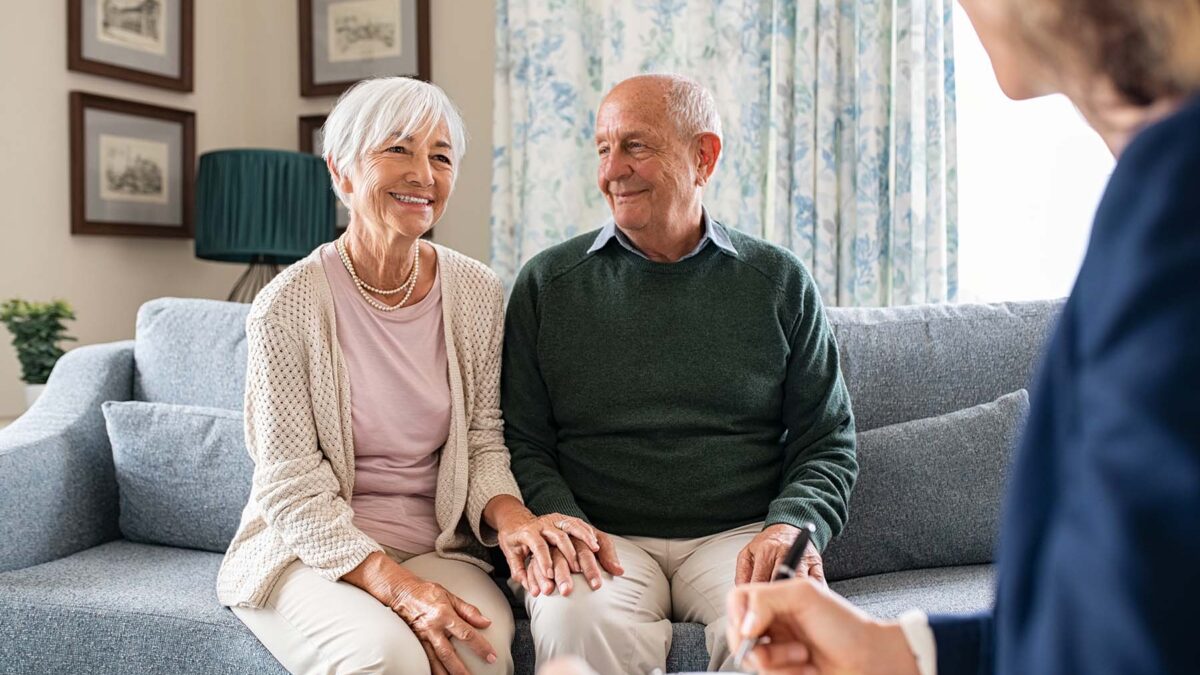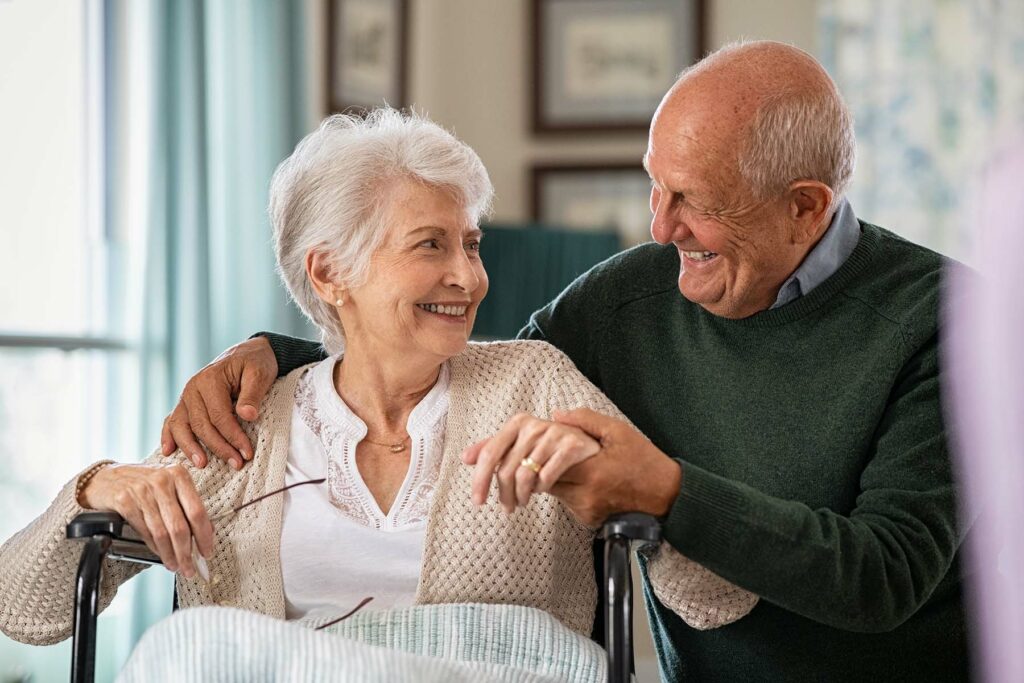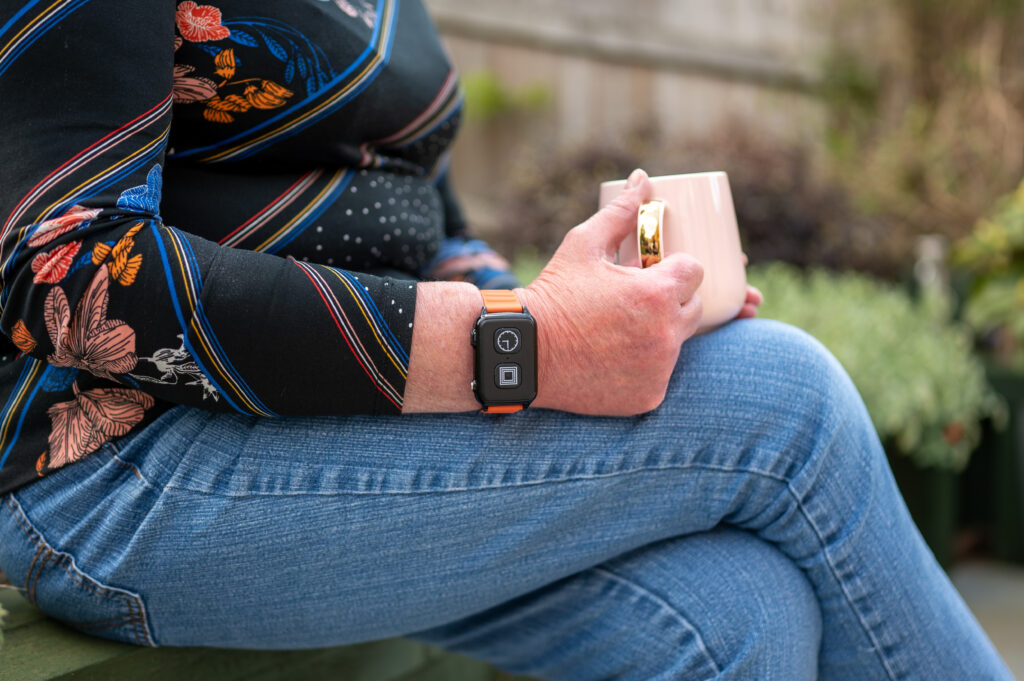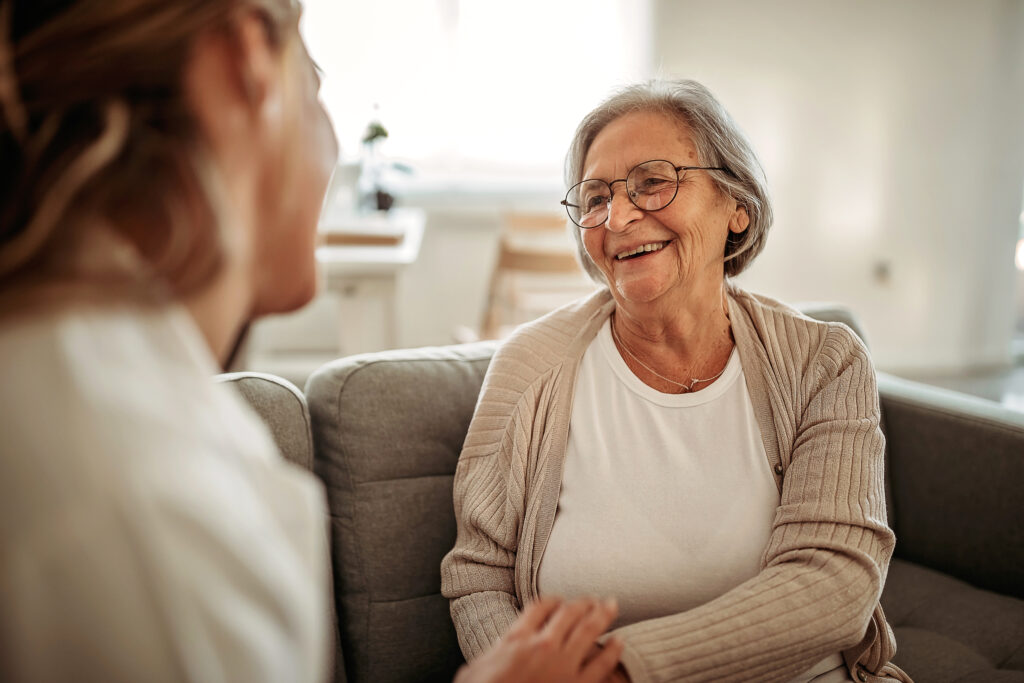Ensuring your loved ones are safe, happy and thriving.
The festive season is filled with family gatherings and opportunities to reunite with loved ones. It can also be a crucial opportunity to check on the well-being of your elderly relatives, especially if it’s been a while since your last visit.
It’s important to be aware of signs of both mental and physical changes that may have arisen or progressed in recent months.
Here are some signs to look out for
1. Changes in appearance
Observe if your relative’s personal hygiene and grooming habits have changed. A decline in self-care, such as unkempt hair, dirty clothes, or a general disheveled appearance, can indicate struggles with daily activities.
2. Weight Fluctuations
Notice any significant weight loss or gain. Sudden changes can be a sign of depression, loss of appetite, or other health concerns. Weight fluctuations can also indicate poor eating habits or lack of proper nutrition which may lead to serious health issues.
3. Altered Behaviour
Is your relative more withdrawn, anxious, or agitated than you remember? Shifts in mood or behaviour can signify emotional distress or cognitive decline.
4. Memory Issues
Casually observe if your relative seems forgetful or struggles with conversational topics. While mild forgetfulness can be normal with age, frequent memory lapses or confusion can be indicative of dementia or other cognitive impairments.
5. Mobility Challenges
Does your relative have any difficulties with movement? Are they unsteady on their feet or hesitant to get around? Changes in mobility can lead to falls and injuries. It’s important to check if their living space is safe and accessible, or perhaps encourage them to use care technologies, such as the SCN Fall Detection Watch.
6. Changes in Communication
Take note of how your loved one expresses themselves. Are they having trouble finding words, repeating themselves, or showing signs of disorientation during conversations? Changes in the ability to communicate may point to cognitive decline.
7. Withdrawal from Social Activities
Has your relative been less engaged in social interactions or hobbies they once enjoyed? Isolation can be a significant red flag, often linked to depression or deteriorating health. The holiday season is a great opportunity to encourage them to reconnect with friends and family.
8. Unexplained Physical Symptoms
Look out for any signs of discomfort, pain, or unexplained ailments. Complaints about pain that seem out of character or a lack of energy could indicate underlying health issues that need addressing.

How to address changes with a loved one
Speaking to your loved one
It’s essential to approach the topic of health changes with sensitivity, empathy and kindness. It can be helpful to frame the conversation around your desire to ensure your loved one’s well-being and happiness.
Begin by gently mentioning specific observations you’ve made, using a caring tone to express your feelings and concerns. Listen attentively to their feelings and perspectives, validating their experiences while reassuring them that seeking support is a positive step.
Speaking to your family
Consider initiating conversations with other family members about how best to support your relative moving forward. This collaborative approach may help ensure shared responsibility for important care decisions and next steps.
If necessary, consider involving a healthcare professional to help assess your elderly relative’s current condition and to help explore options for support.
How Sovereign Community Nursing can help
If you or your family have concerns about physical or mental changes with a loved one, or you would like to proactively plan for their changing living or care needs, contact us.
Our Care and Advisory Services include:
- Aged Living Planning and Advice
- Aged Care Planning and Costing
- Specialist Dementia Advice
- Care Reviews and Reports
- In-Home Nursing, and more.
Use the holiday season as an opportunity to ensure your elderly relatives are safe, happy and thriving in their environment and lifestyle. What better way to ensure they feel cherished and cared for during this special time of the year.





